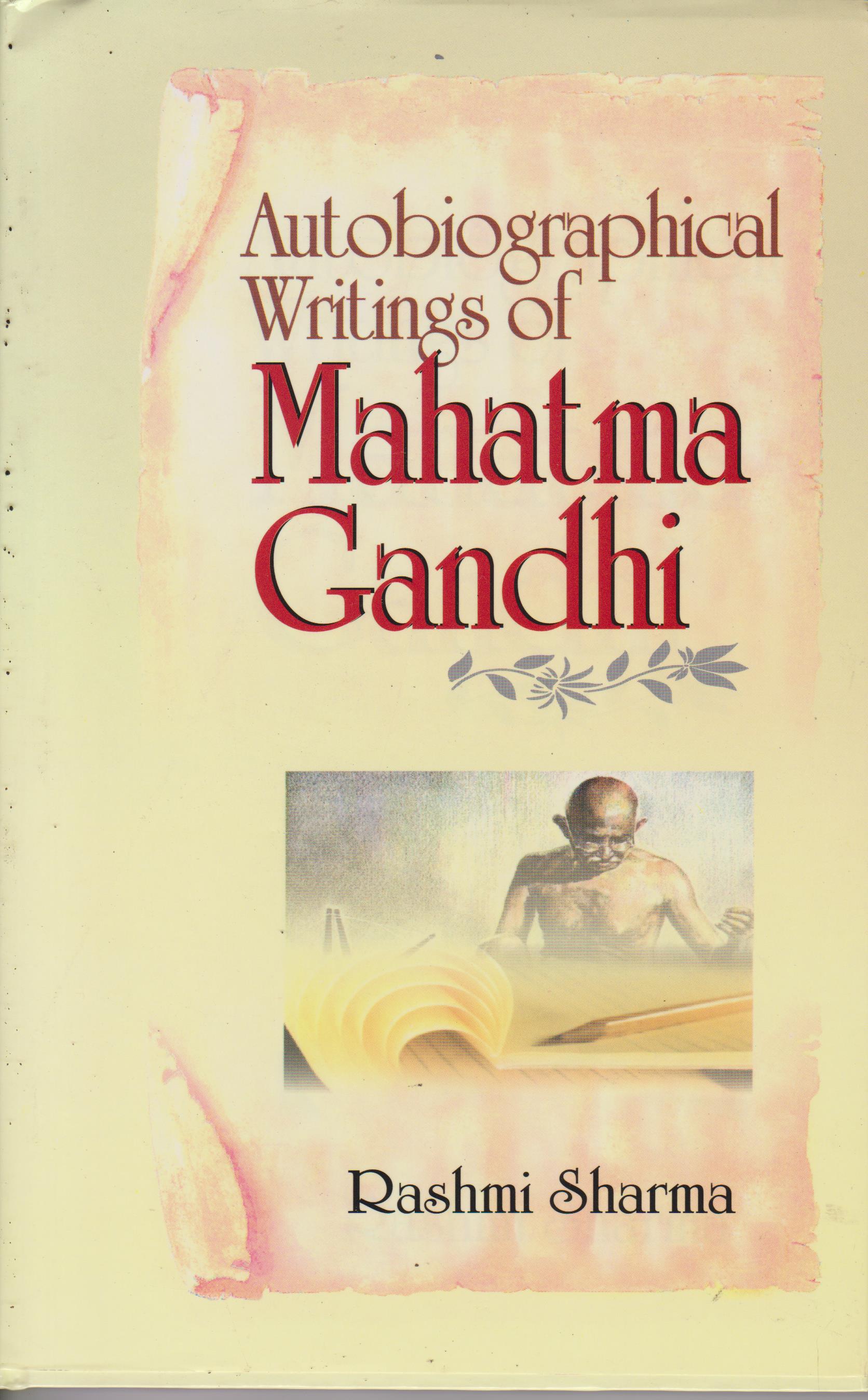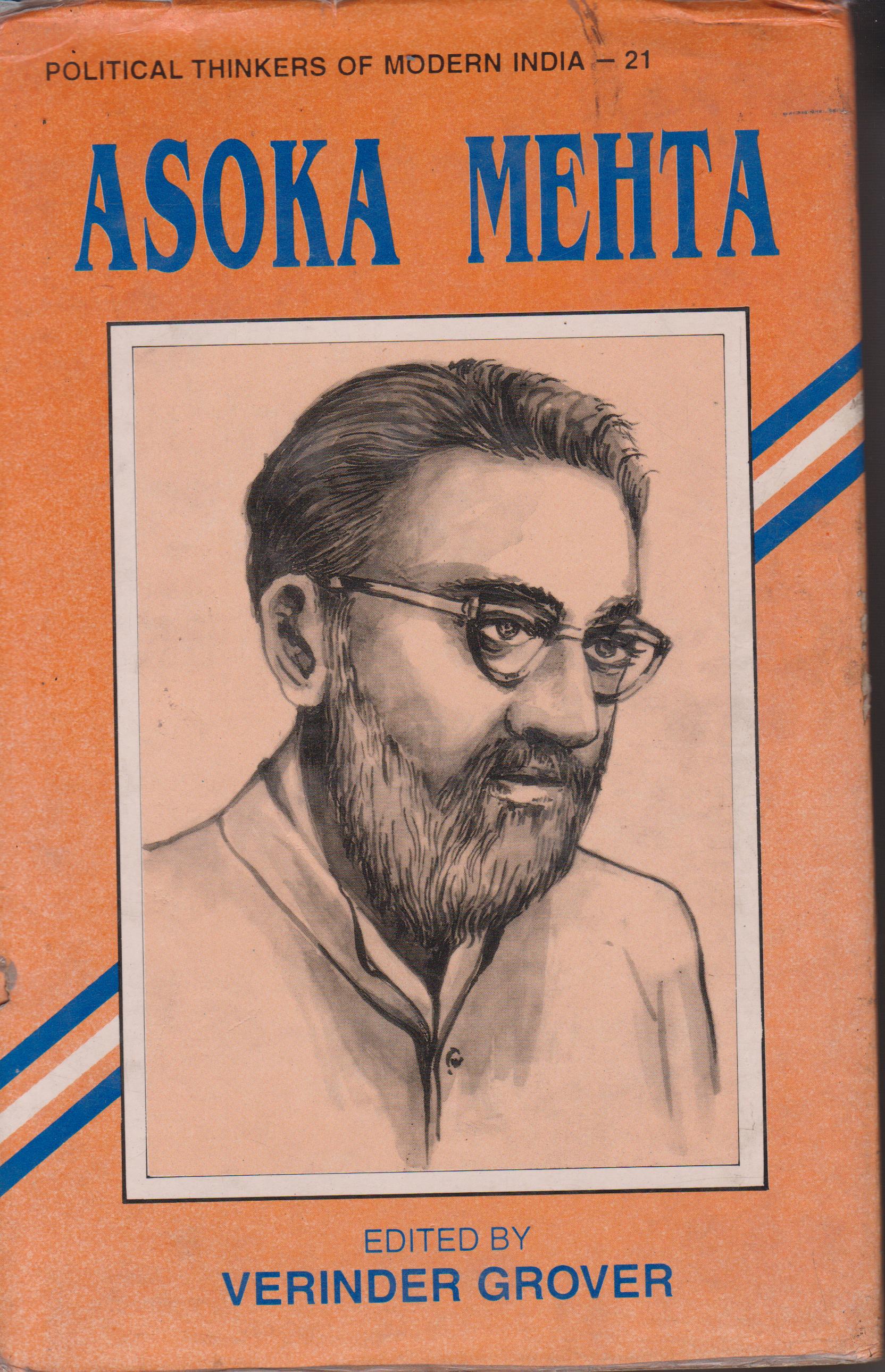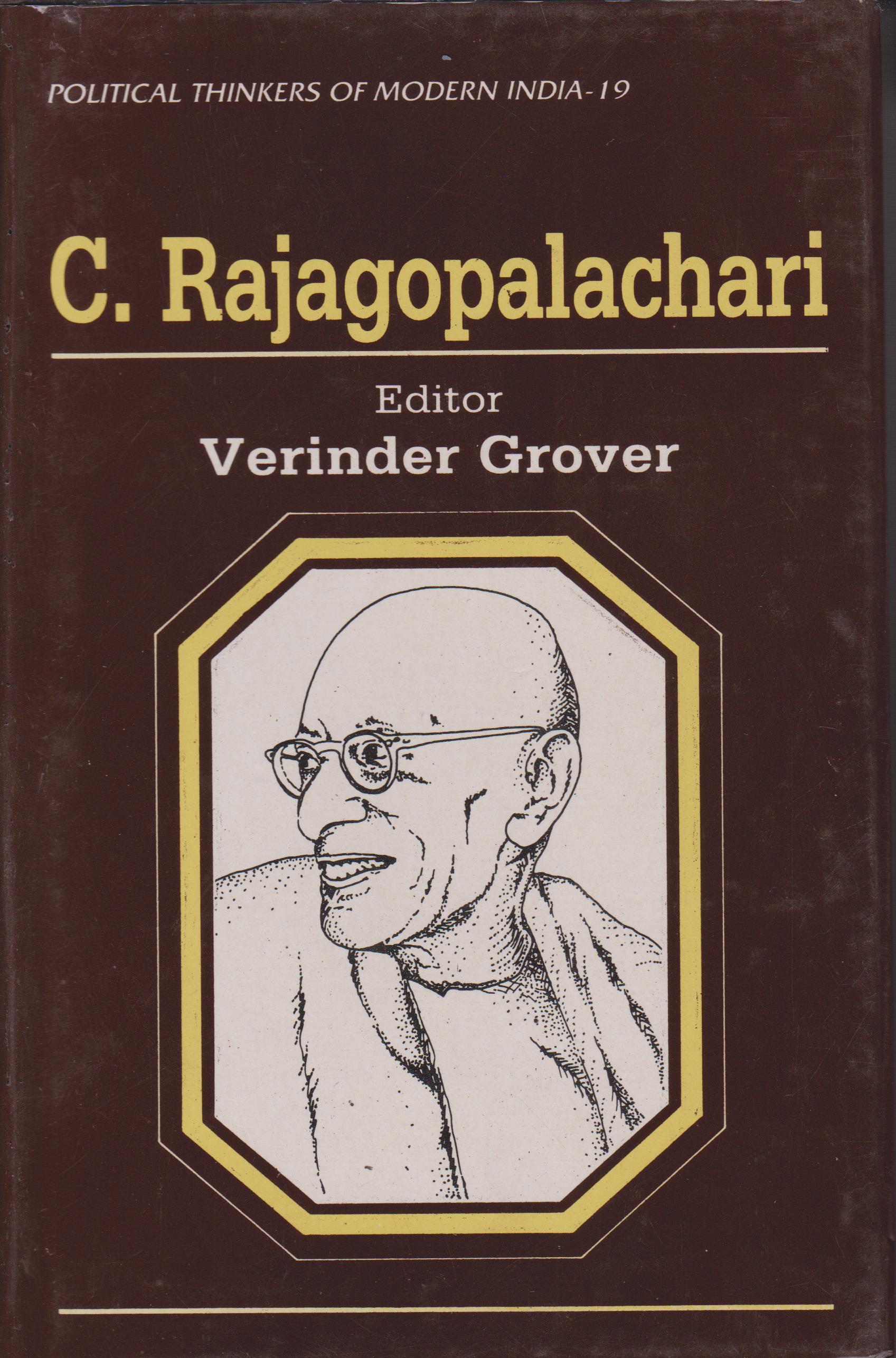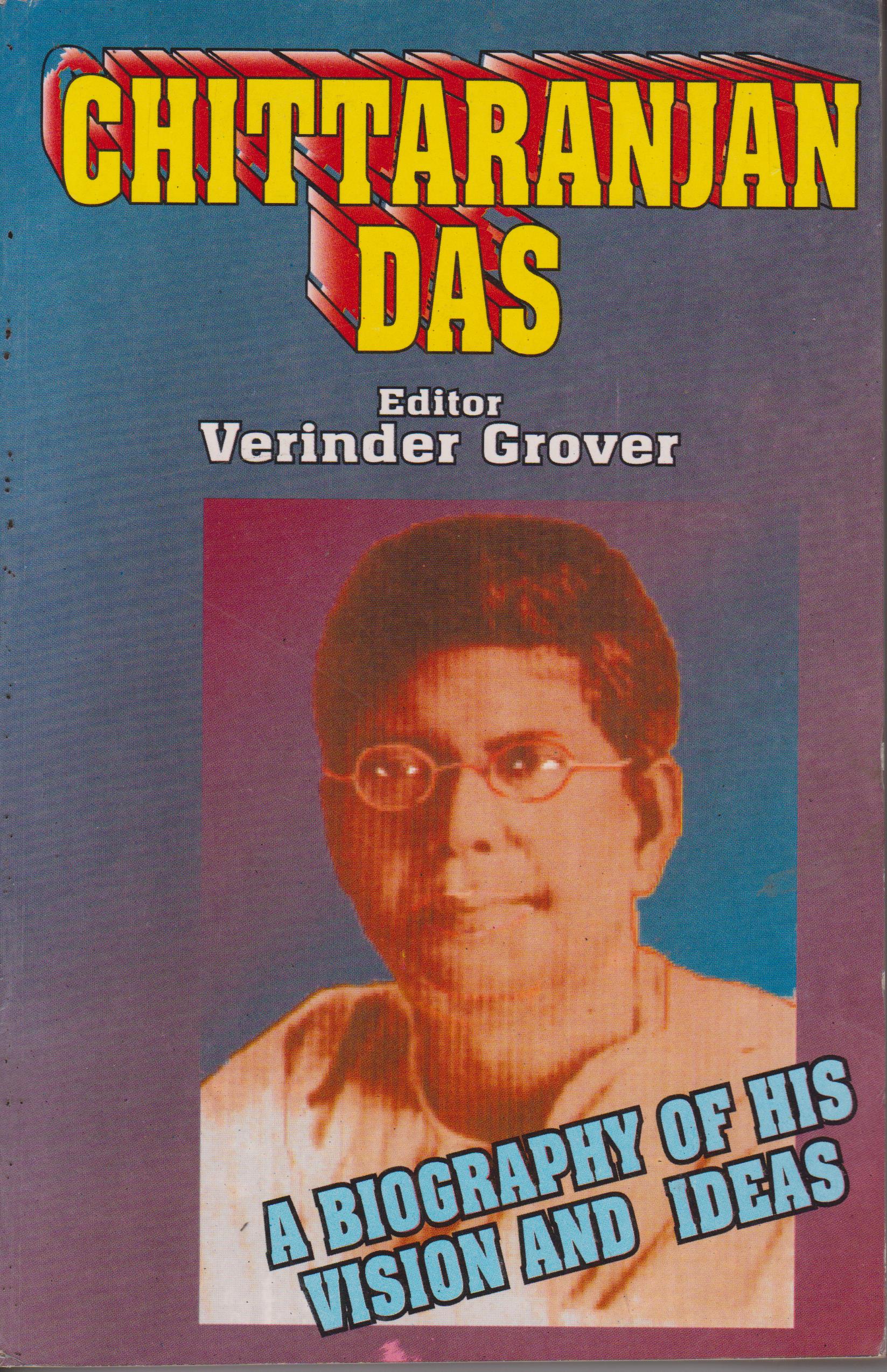Description
Thailand: Government and Politics, authored by Verinder Grover, is a comprehensive examination of the political landscape of Thailand. In this book, Grover offers a detailed analysis of the country’s government structure, political parties, elections, and key issues that have shaped Thailand’s political development. As an authoritative resource on Thai politics, the book delves into the historical context and contemporary dynamics that have influenced the country’s governance.
In the following review, we will provide a thorough evaluation of the book’s content, structure, and writing style. We will also discuss its strengths and weaknesses, and explore how it compares to other publications on Thai politics. Additionally, we will analyze the interpretation and themes presented by the author, delve into the characterization of key players in Thai politics, and shed light on Verinder Grover’s background as an expert in the field. Lastly, we will discuss readers’ perspectives and conclude with a final verdict on the book.
In Thailand: Government and Politics, Verinder Grover present an encompassing summary of Thailand’s political system. He begins by tracing the historical trajectory of Thai politics, examining the country’s transition from an absolute monarchy to a constitutional monarchy. Grover then delves into the structure of the government, analyzing the roles and functions of various branches and institutions. The book also explores the complex relationship between the monarchy, military, and political parties, shedding light on the power dynamics that shape Thailand’s political landscape.
Furthermore, Grover provides an in-depth exploration of the major political parties in Thailand, discussing their ideologies, key leaders, and policy agendas. He examines the electoral system and its impact on political representation, as well as the emergence of new political movements and the challenges they pose to the established parties. The author also delves into the issues of corruption, human rights, and regional disparities, addressing their influence on Thai politics and governance.
Grover’s analysis of Thailand’s government and politics is comprehensive and well-researched. He presents a nuanced understanding of the historical, social, and economic factors that have shaped the country’s political landscape. By examining the power dynamics between the monarchy, military, and political parties, Grover highlights the unique challenges facing Thai democracy.
One notable strength of the book is Grover’s balanced approach to discussing various political ideologies and movements in Thailand. He presents different perspectives and allows readers to form their own opinions. Moreover, the author’s expertise in the field is evident, as he draws on a wide range of primary and secondary sources to support his arguments. This enhances the credibility and reliability of the information presented.
However, the book does have some limitations. The complexity of Thai politics is such that certain topics could have been explored in more detail. For instance, the author briefly touches upon the role of civil society and non-governmental organizations but could have provided a deeper analysis of their impact on Thai politics. Additionally, while Grover acknowledges regional disparities, more attention could have been given to the unique challenges faced by different regions within the country.
In comparison to other publications on Thai politics, Grover’s book stands out for its comprehensive coverage and balanced analysis. It offers a more detailed examination of Thai political parties and the electoral system than some other introductory texts. While some books focus solely on historical aspects or particular periods, Grover’s work provides a holistic understanding of the contemporary political landscape.
The author’s approach is distinct from works that either overly romanticize or excessively criticize Thai politics. Grover’s impartiality and evidence-based analysis contribute to a more nuanced perspective. Furthermore, the book’s exploration of corruption, human rights, and regional disparities adds depth to the analysis, making it a valuable resource for those interested in understanding the intricacies of Thai politics.
Thailand: Government and Politics explore several recurring themes that are central to understanding the country’s political dynamics. Grover highlights the influence of the monarchy on Thai politics and how it has evolved. He also examines the role of the military as a powerful institution and its impact on governance and democracy.
Another key theme is the tension between traditional and progressive forces in Thai society. The book addresses the struggle for power between established political parties and emerging movements that challenge the status quo. Additionally, Grover emphasizes the impact of regional disparities on politics, with certain regions experiencing distinct challenges and grievances.
The author’s interpretation of these themes is insightful, and he effectively illustrates their interconnectedness in shaping the political landscape of Thailand. Grover’s exploration of these themes helps readers develop a comprehensive understanding of the complex dynamics at play.
While Thailand: Government and Politics primarily focuses on the political system as a whole, Grover provides a characterization of key players and their roles within Thai politics. He highlights influential figures such as political party leaders, military officials, and prominent activists. By examining their motivations, actions, and impacts on political processes, Grover brings depth to the narrative and provides readers with a more personal perspective on Thai politics.
The author’s characterization is balanced and avoids undue bias or favouritism. He presents key figures within their respective contexts, allowing readers to form their own opinions about their contributions to Thai politics. Grover’s inclusion of personal anecdotes and interviews further enriches the characterizations, giving readers a glimpse into the experiences and perspectives of those involved in the political sphere.
About the Author:
Verinder Grover is an esteemed political scientist and an expert on Southeast Asian politics, with a specific focus on Thailand. He has conducted extensive research on Thai politics and governance, and his expertise is evident throughout the book. Grover’s academic background, coupled with his years of fieldwork and engagement with Thai society, provides him with a comprehensive understanding of the subject matter.
Grover has authored numerous scholarly articles and books on Thai politics, making significant contributions to the field. His work is highly regarded among academics and researchers studying Southeast Asian politics. Thailand: Government and Politics reflect his deep knowledge of the subject and his ability to present complex information in an accessible manner.
Grover’s writing style is clear, concise, and accessible, making the book suitable for both academic and general readership. He avoids excessive jargon and provides explanations when introducing technical terms or concepts. The use of relevant examples and case studies enhances readers’ understanding of the subject matter.
The book is well-structured, with each chapter building upon the previous one. Grover effectively transitions between topics, ensuring a smooth flow of information. Additionally, the inclusion of graphs, charts, and maps aids comprehension and provides visual support for the analysis presented.
What People Say About This Book:
Thailand: Government and Politics have received positive feedback from readers and reviewers alike. Many appreciate Grover’s balanced approach, his meticulous research, and the comprehensive nature of the book. Readers find it to be an invaluable resource for understanding the intricacies of Thai politics, whether they are academics, researchers, or individuals seeking a deeper understanding of the subject.
Some readers have praised the book for its clear explanations and its ability to present complex information in a digestible manner. The inclusion of personal anecdotes and interviews has also been appreciated, as it adds a human element to the political analysis.
- Comprehensive coverage of the Thai government and politics.
- Balanced analysis and impartiality.
- Meticulous research and extensive use of primary and secondary sources.
- Insightful exploration of key themes and power dynamics.
- Clear and accessible writing style.










Reviews
There are no reviews yet.